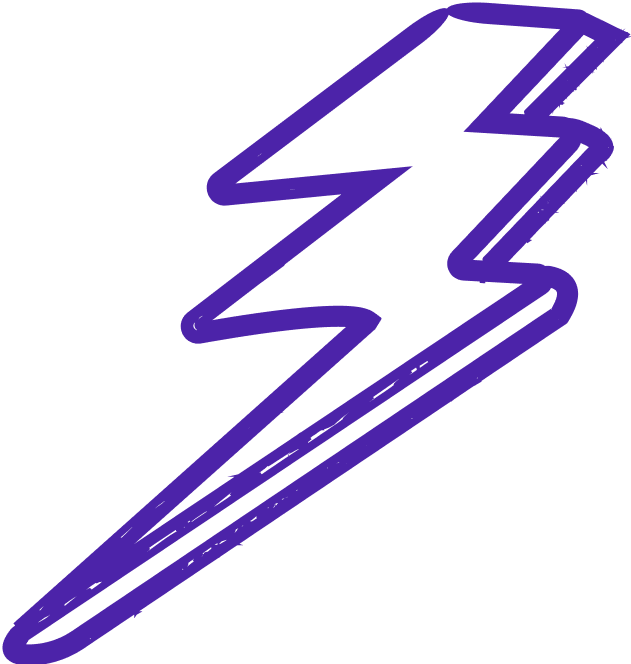
what is call stack analysis
Call Stack Analysis
In the context of programming, a call stack is a data structure that keeps track of function calls in a program. When a function is called, a new frame is added to the top of the call stack, containing information such as the function's arguments, local variables, and the return address. As the function completes its execution, its frame is removed from the stack, and the control flow returns to the calling function.
Call stack analysis involves examining the call stack at a specific point in time to understand the current state of the program. This analysis can be performed manually by developers or through the use of specialized tools and techniques. By inspecting the call stack, developers can gain valuable insights into the program's execution flow, identify the sequence of function calls leading up to a particular point, and understand the relationships between different functions.
One of the primary use cases of call stack analysis is debugging. When a program encounters an error or unexpected behavior, developers can examine the call stack to trace the sequence of function calls that led to the issue. This helps in locating the root cause of the problem and understanding the context in which it occurred. By analyzing the call stack, developers can identify any incorrect or unexpected function invocations, variable values, or control flow that may have contributed to the error.
Call stack analysis is also beneficial for performance optimization. By analyzing the call stack, developers can identify potential performance bottlenecks, such as functions that are called excessively or inefficiently. This analysis allows them to optimize the program's execution flow, eliminate redundant function calls, and improve overall performance.
Furthermore, call stack analysis plays a crucial role in understanding recursion, a programming technique where a function calls itself. By examining the call stack during recursive function calls, developers can visualize the recursive process and ensure that it terminates correctly. This analysis helps in avoiding stack overflow errors and optimizing recursive algorithms.
In modern software development, various tools and techniques are available to assist with call stack analysis. Integrated development environments (IDEs) often provide debugging features that allow developers to inspect the call stack during runtime. Additionally, profiling tools and performance analyzers can analyze the call stack to provide detailed information about the program's execution flow and resource consumption.
In conclusion, call stack analysis is a fundamental technique in software development and debugging. It involves examining the call stack to gain insights into the program's execution flow, trace function calls, identify issues, and optimize performance. By leveraging call stack analysis, developers can effectively debug their code, understand recursive processes, and enhance the overall quality and efficiency of their software. Call stack analysis is a crucial tool used in software development to understand the flow of a program's execution. It involves examining the call stack, which is a data structure that stores information about the active subroutines or functions in a program. By analyzing the call stack, developers can track the sequence of function calls, parameters passed to each function, and the return values. This information is valuable for debugging and optimizing code performance.
One of the key benefits of call stack analysis is its ability to identify and troubleshoot errors in a program. By inspecting the call stack at the time of a crash or exception, developers can pinpoint the exact point in the code where the issue occurred. This makes it easier to diagnose the root cause of the problem and implement a solution. Additionally, call stack analysis can help developers optimize their code by identifying bottlenecks and inefficiencies in the program's execution.
In summary, call stack analysis is a powerful technique for understanding the inner workings of a program and improving its performance. By delving into the call stack, developers can gain valuable insights into how their code is executing and make informed decisions to enhance its functionality. Incorporating call stack analysis into the software development process can lead to more efficient and reliable applications.
Let’s build your next digital product — faster, safer, smarter.
Book a free consultationWork with a team trusted by top-tier companies.








